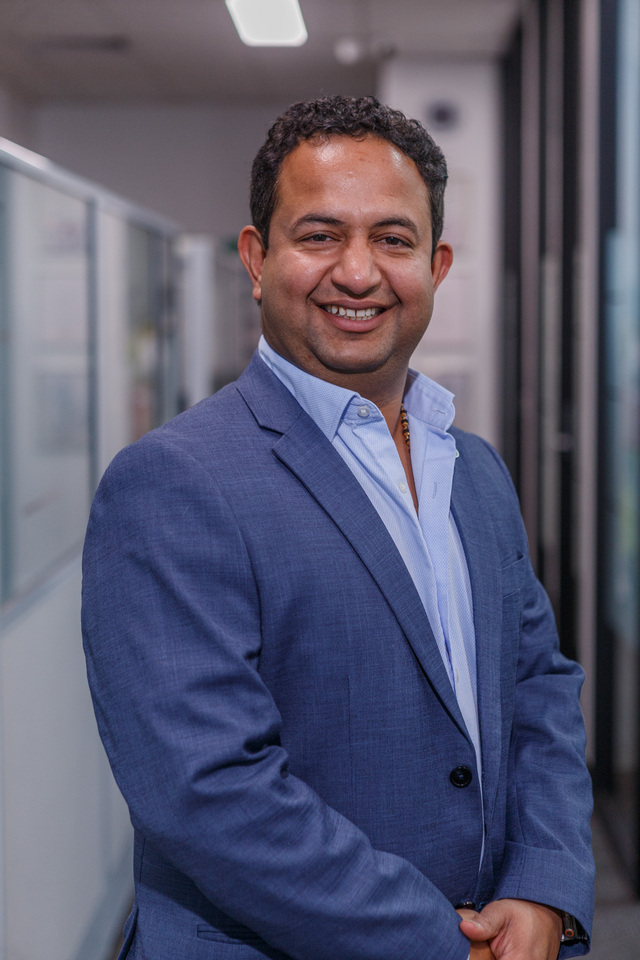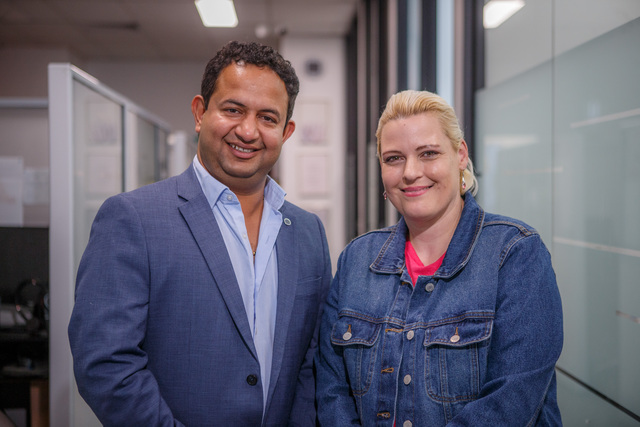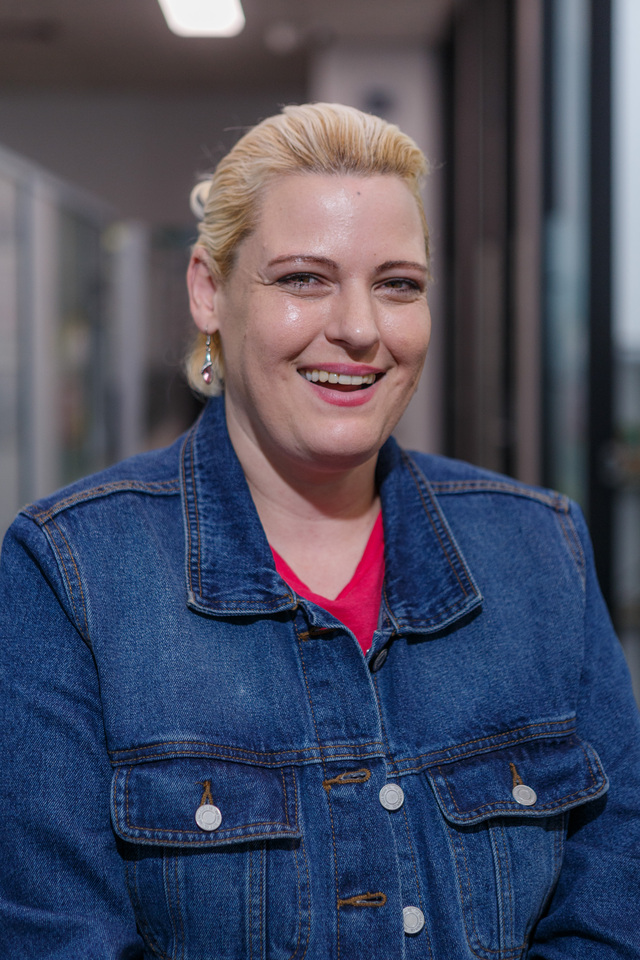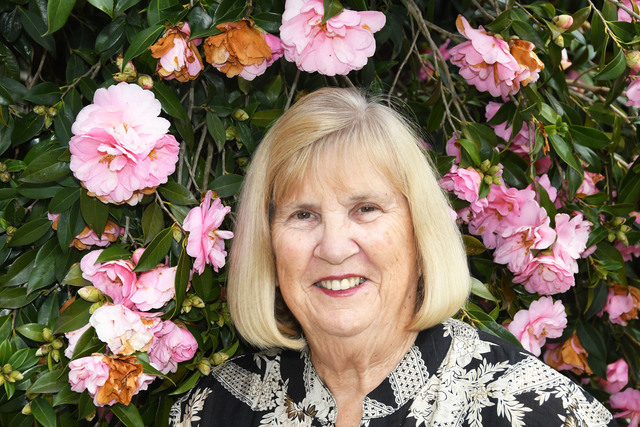People with mental illness are being forced into aged care and homelessness due to ‘falling through cracks’ in the NDIS system, a South East provider says.
Sarah, 47, of Keysborough, is finally enjoying a secure home after gaining the support of Pakenham-based NDIS provider Sunrise2Sunrise.
With schizoaffective and bipolar disorders, she had been enduring recurrent homelessness and in and out of Dandenong Hospital for 30 years.
“I felt abandoned, like my needs were too complex for the system to handle,” Sarah said.
In what she calls a happy “accident”, she met Sunrise2Sunrise chief executive Ravi Bhatt who was visiting her friends in a Secure Extended Care Unit.
After talking with Mr Bhatt, he was able to help Sarah into a new house with support staff in Keysborough.
For the past 18 months, Sarah now enjoys the fruits of a ‘family-like’ home life.
She is seeing her parents regularly, cleaning, cooking, shopping, gardening and visiting church. She hasn’t been admitted to hospital since.
“It was a miracle to finally have a beautiful home,” she says.
Mr Bhatt says it’s been a challenge getting people with mental illness onto the “right NDIS plan”.
He said there was urgent need for a more compassionate and inclusive system.
“For people with mental health issues, there is a gap.
“It is getting better but it must encompass the often-overlooked individuals facing complex challenges.”
Over the past two years Sunrise2Sunrise have had at least 22 discharges from SECU, all with varying lengths of admissions.
At least four were thought to be unable to be reintegrated to the community, and 16 would have ended up homeless or in aged care.
Keeping people in hospital rather than living a meaningful life was a financial cost to the Government. And a great cost to the patients’ quality of life, Mr Bhatt says.
“In a hospital setting, you can’t pursue those simple necessities of human life like cooking, cleaning, shopping and pruning the roses.”
As of 31 March, the NDIS was supporting 63,469 participants with psychosocial disabilities.
A recent NDIS review found several shortcomings in the scheme’s dealings with people with mental illness.
It recommended several reforms – including a greater focus on personal recovery and greater independence.
A spokesperson for the National Disability Insurance Agency said it was implementing a Psychosocial Disability Recovery-Oriented Framework to better support participants, their families and carers.
“The NDIA wants all people with psychosocial disability in the NDIS to be supported in their personal recovery and to live a life that has meaning for them.
“The Agency is committed to implementing this framework, and working closely with the disability community, Federal and State Governments, and the Department of Social Services to implement reforms to improve the NDIS, including those arising from the NDIS Review.”









